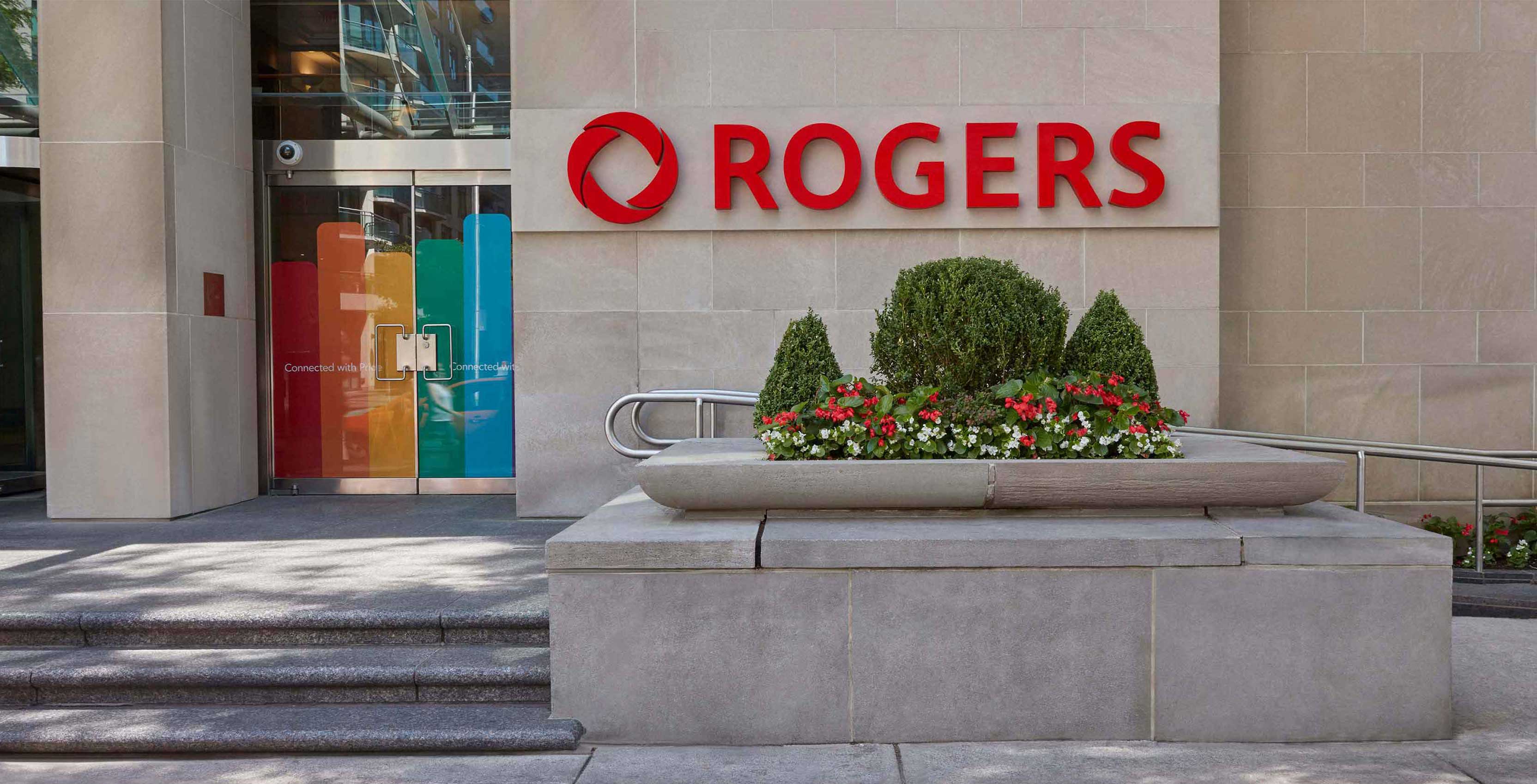
Iristel, parent company of northern regional carrier Ice Wireless and MVNO Sugar Mobile, is suing Rogers Communications for more than $147 million CAD.
In a claim filed with the Ontario Superior Court of Justice on May 23rd, 2018, Iristel made two major allegations against Rogers, both related to breaches of contract.
The first allegation is that Rogers broke an oral agreement regarding traffic exchange in Toronto after Iristel had already invested a significant amount in preparation. The second allegation stated that Rogers had failed to pay invoices for the long-distance services Iristel provides when carrying and terminating calls to the 867 area code.
“Rogers’ conduct, corporate bullying, and attempts at monopolizing the telecommunications market have ensured that a small and/or medium size corporation such as Iristel, does not have equitable opportunity to participate in the Canadian economy and/or provide consumers with competitive prices and product choices,” stated Iristel in a summation paragraph toward the end of its claim.
A spokesperson for Rogers, meanwhile, responded: “The allegations related to this commercial dispute are without merit but as the matter is before the courts, we cannot comment on the case.”
Details of the claim
Iristel is suing Rogers Communications for the following:
- Outstanding invoices totaling $587,266.97
- Funds obtained from past and continued use of Iristel’s network for carrying calls from Rogers’ customers to 867 area codes
- Direct damages in the amount of $600,000.00
- Compensatory, general damages, and consequential damages in the amount of $145,000,000
- Punitive and exemplary damages in the amount of $1,000,000
- Pre-judgement and post-judgement interest on those amounts, the cost of the legal action and any “other relief as counsel may advise”
In total the numbers provided amount to $147,187,266,97 — though the other requests by Iristel raise the amount higher.
Rogers and Iristel’s tense relationship
Rogers and Iristel — specifically Iristel’s maverick CEO and president Samer Bishay — have long had a contentious relationship.
While the Sugar Mobile saga may be the most well-known example (in which Sugar piggybacked off Ice Wireless’ roaming agreement with Rogers to create a back-door Wi-Fi-first MVNO), the May 23rd claim mainly relates to a traffic stimulation case that went in front of Canada’s telecom regulator, the CRTC, in December 2017.
In the case, Rogers alleged that Iristel was stimulating call traffic in order to make Rogers pay an artificially high amount for carrying Rogers’ customers’ long-distance calls to the 867 area code in Northern Canada. Rogers and Iristel entered into an agreement for those services — referred to in the industry as “Outbound Termination Services” — in 2016.
Because the areas where Iristel has facilities — Yukon, the Northwest Territories and Nunavut — are designated by the regulator as high-cost serving areas, the price for those termination services is higher than in areas that are easier to serve, like Toronto.
That means a Toronto Rogers’ customer’s call to the Yukon costs more than most other long-distance locations in Canada — $0.059 per minute, according to Iristel’s claim.
“Rogers’ conduct, corporate bullying, and attempts at monopolizing […] have ensured that a small and/or medium size corporation such as Iristel, does not have equitable opportunity to participate in the Canadian economy” — Iristel
This became an issue for Rogers when it saw call times spike to 867 area codes due to AudioNow, a call-to-listen service that let users listen to broadcast programs by calling into specific 867 numbers (since acquired by Zeno Media).
During the CRTC’s dispute resolution process, Iristel admitted that it had a revenue sharing arrangement with Free Conference Call Global (FCCG), an affiliate of AudioNow, thus profiting from the arrangement.
The CRTC ultimately ordered Iristel to end its agreement with FCCG, and not to re-enter into any similar agreement with FCCG or its affiliates. According to Iristel’s claim against Rogers, it complied with this regulatory decision.
But the CRTC did not direct Iristel to repay any funds to Rogers, something the incumbent had requested.
“The allegations related to this commercial dispute are without merit” — Rogers
Since then, Iristel claims Rogers has not paid for termination services, citing invoices dated in January, February, March and May. Further, the claim stated that Rogers communicated to Iristel on April 11th that it would not be paying the outstanding invoices, which Iristel alleges total $587,266.97.
Also alleged in the claim is the breach of a 2013 oral “peering” agreement regarding a traffic exchange arrangement in Toronto.
The agreement, Iristel wrote, was to allow for a direct connection between Rogers and Iristel to exchange traffic in Toronto, rather than connecting through Bell, the incumbent local exchange carrier.
Iristel claimed it invested approximately $450,000 in equipment for project and approximately $150,000 in engaging the service of engineers and other employees.
But, said Iristel, it was “advised of Rogers’ intention” to terminate the agreement in May 2016.
“Rogers has failed to honour its obligation under the Peering Agreement,” Iristel wrote.
As Bishay and Iristel embark on this lawsuit, the company continues to push southward with its wireless offerings. The company announced it would launch wireless service in Eastern Quebec and Northern Ontario in late May 2018.
MobileSyrup may earn a commission from purchases made via our links, which helps fund the journalism we provide free on our website. These links do not influence our editorial content. Support us here.


